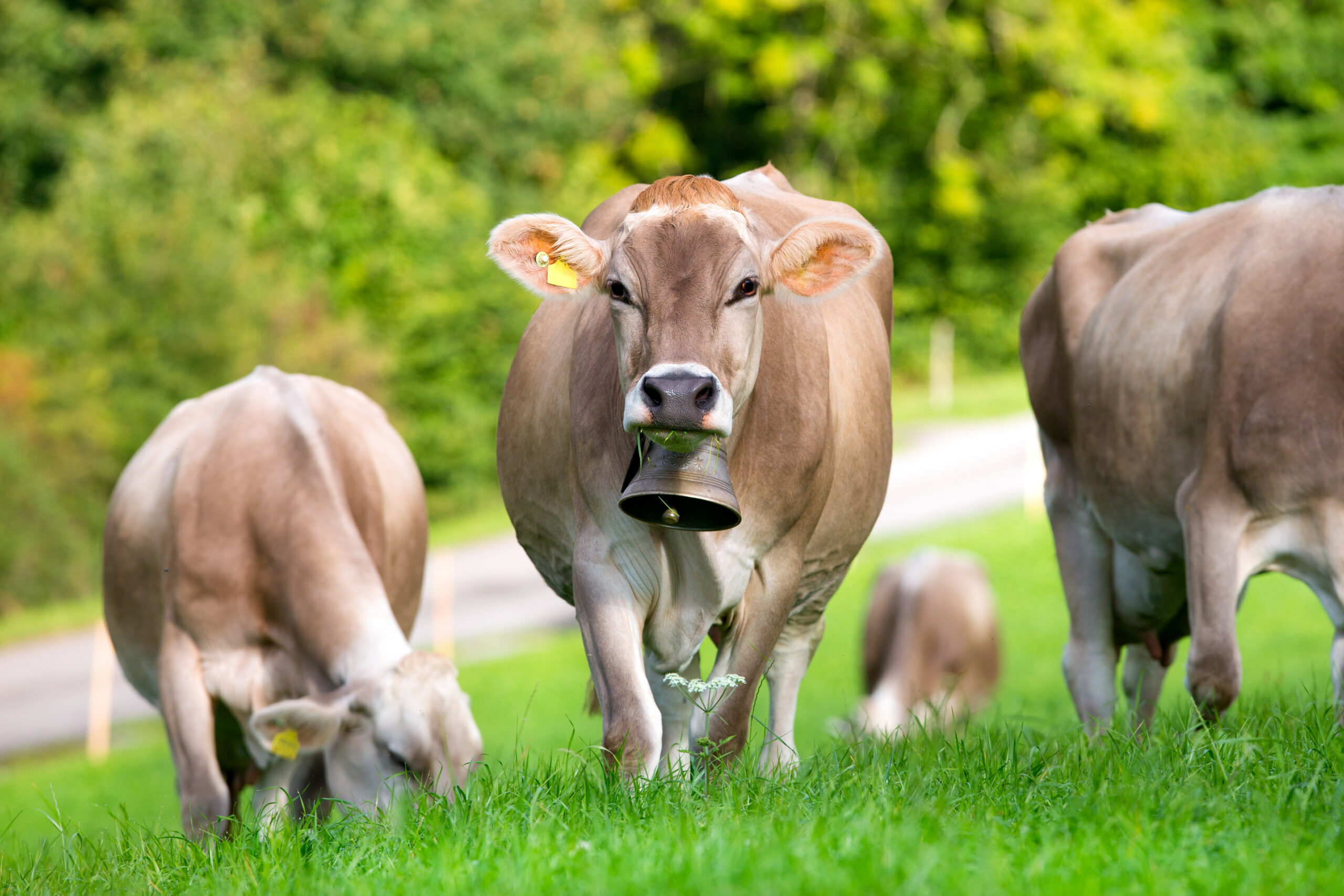



Article by: Hari Yellina
According to an industry spokesperson, Australia’s dearth of veterinarians in rural and remote areas could jeopardise national biosecurity as livestock diseases like lumpy skin disease and foot-and-mouth disease become more prevalent. Since Friday, when Indonesia announced the discovery of more than 1,000 cases of foot-and-mouth disease (FMD) in cattle, Australia’s livestock sector has been on high alert. The highly contagious disease, which is not yet prevalent in Australia, is thought to have travelled from Malaysia, and this is Indonesia’s first FMD outbreak since 1986. Cristy Secombe, the Australian Veterinary Association’s head of veterinary and public affairs, said Australian vets play a vital biosecurity role in the agriculture industry.
“We would be quite concerned if there was an FMD outbreak in Australia,” Dr Secombe added, “that we would not have the vet capacity rurally to undertake our duty in the biosecurity response.” “We know that vets are currently battling to keep up with day-to-day job.” Preventive control measures, according to Dr. Secombe, are required to ensure that the disease does not infiltrate the country. “This is a critical matter. If FMD spreads to Australia, all hands must be on deck to cope with the disease outbreak and keep the community safe “she stated. “I believe we should create a scenario plan. It may be necessary to enlist the help of veterinarians from other nations.”
The problem to retain rural veterinarians, according to Dr. Secombe, is not unique to Australia, but is reflected globally. Locally, she noted the business has struggled for decades to maintain veterinarians in rural and regional locations, resulting in the closure of a number of clinics. “We’ve known for a long time that this isn’t sustainable, and we’re now witnessing the consequences as people close their veterinary practises.” “This means that [that] animal will not receive the care that it requires, putting Australia’s biosecurity at risk.” Remuneration was one of the key reasons for the low retention of experienced veterinarians in the sector, as many vets work for free to keep costs down.
“The second is providing first assistance for creatures that are not owned, such as state-owned wildlife. “So, you have highly skilled people who aren’t getting compensated appropriately for their level of competence and aptitude.” The emergence of FMD in Indonesia, according to Australia’s top veterinary officer, Mark Schipp, has considerably raised the risk to the country’s cattle, sheep, goat, and pig industries. “In 2013, an estimate was made that if we had a large-scale outbreak, it would cost those sectors $50 billion because we would lose all of our export markets,” Dr Schipp added. He believes that if an outbreak occurs, Australia will most likely need assistance from other businesses and departments.
FMD is spread by close contact between animals and can be carried on animal products or transported over short distances by the wind. Anyone who keeps or works with cattle, sheep, goats, or pigs should be aware of the symptoms of FMD, which include blisters on the mouth and animals that are drooling or limping. People should contact their veterinarian or Australia’s Emergency Animal Disease Watch Hotline at 1800 675 888 if their livestock exhibits any strange symptoms.